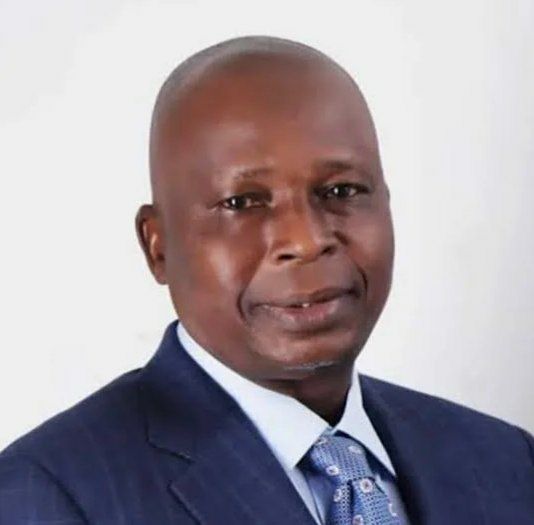The Nigerian government has strongly criticized the International Criminal Court (ICC) for its ongoing investigation into alleged misconduct by the country’s military forces.
Attorney General of the Federation and Minister of Justice, Prince Lateef Fagbemi (SAN), expressed Nigeria’s position during the 23rd Assembly of States Parties to the Rome Statute in The Hague.
Fagbemi highlighted the Nigerian military’s commitment to upholding international humanitarian laws and human rights. He emphasized that Nigeria, as a responsible state party to the Rome Statute, has taken substantial measures to investigate and address accusations of human rights violations, particularly concerning the fight against terrorism.
He said, “While we respect the court’s mandate to intervene when states are unable or unwilling to prosecute such crimes, it is important to emphasise that there must be respect and regard to the principle of complementarity. The ICC is meant to act as a court of last resort, intervening only when national legal systems are unable or unwilling to address grave crimes. I must assert that Nigeria does not fall under any such situation. Our nation has consistently demonstrated both the will and the capacity to investigate and prosecute serious crimes, including those committed by Boko Haram and other terrorist groups. We are proud of the Nigerian military, which has systems and structures in place to ensure their operations are guided by international humanitarian law and human rights principles.
“At the 22nd Session of this Assembly, Nigeria reported the establishment of an independent Special Investigative Panel by the National Human Rights Commission to address allegations against the Nigerian military made by Reuters. After thorough investigations spanning eight months, the panel found no evidence to substantiate these claims. The allegations of killings, torture, and the recruitment of underage fighters have been proven to be false and exaggerated.
“Indeed, the work of the panel and acceptance of its recommendations by the government clearly indicates that Nigeria has the political will to investigate allegations of heinous crimes and hold violators accountable.
“The conduct of military operations during conflict is regulated by international humanitarian law, and we can assure this Assembly that the Nigerian military does not engage in arbitrary killings or inhumane treatment of those no longer directly participating in hostilities. Our military ensures that captured combatants are treated with dignity and respect. While inadvertent mistakes or errors of judgment may occur in the chaos of conflict, these are promptly investigated by impartial commissions and panels. I wish to state that Nigeria has a well-established and functional court martial system for holding erring officers accountable. We also employ restorative justice measures, including compensation, when appropriate.
“In addition, Nigeria’s six-month Demobilization, Deradicalization, and Reintegration programme has successfully reintegrated 4,000 former Boko Haram combatants into society. We continue to prioritise the training and re-training of our armed forces, ensuring that human rights and international humanitarian law remain at the forefront of our military operations, with a focus on the protection of civilian protection.”










